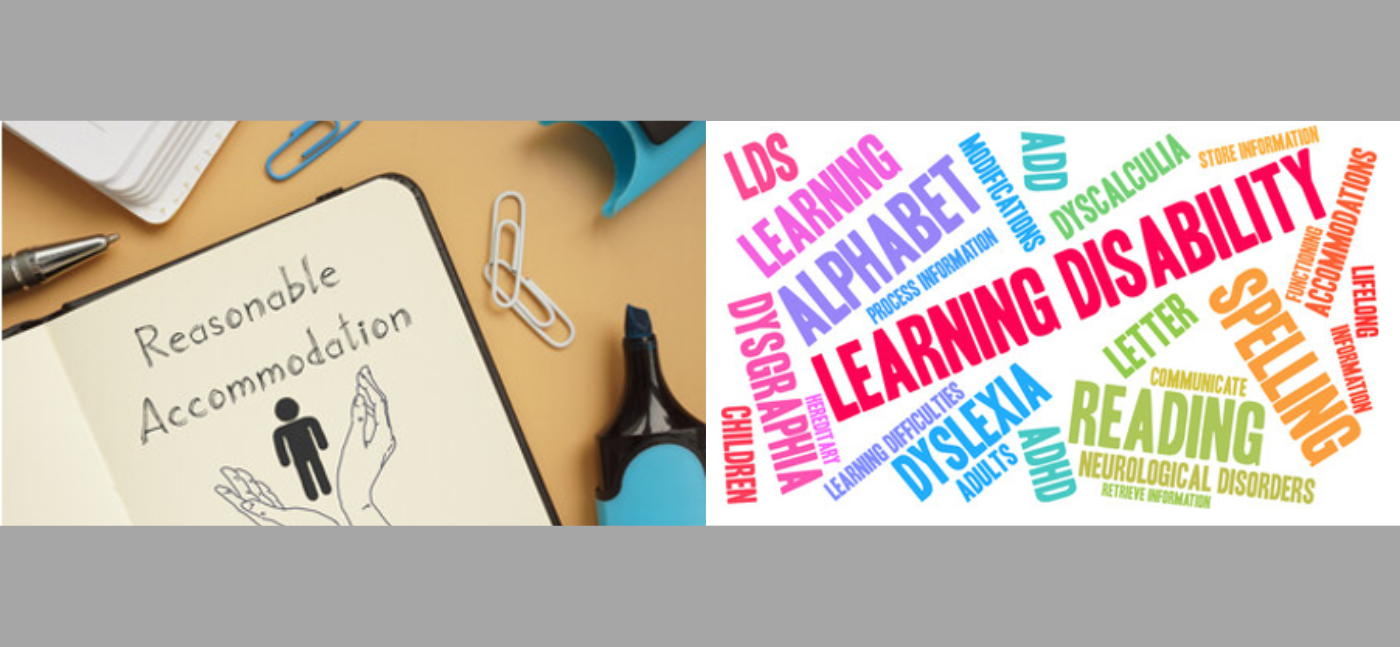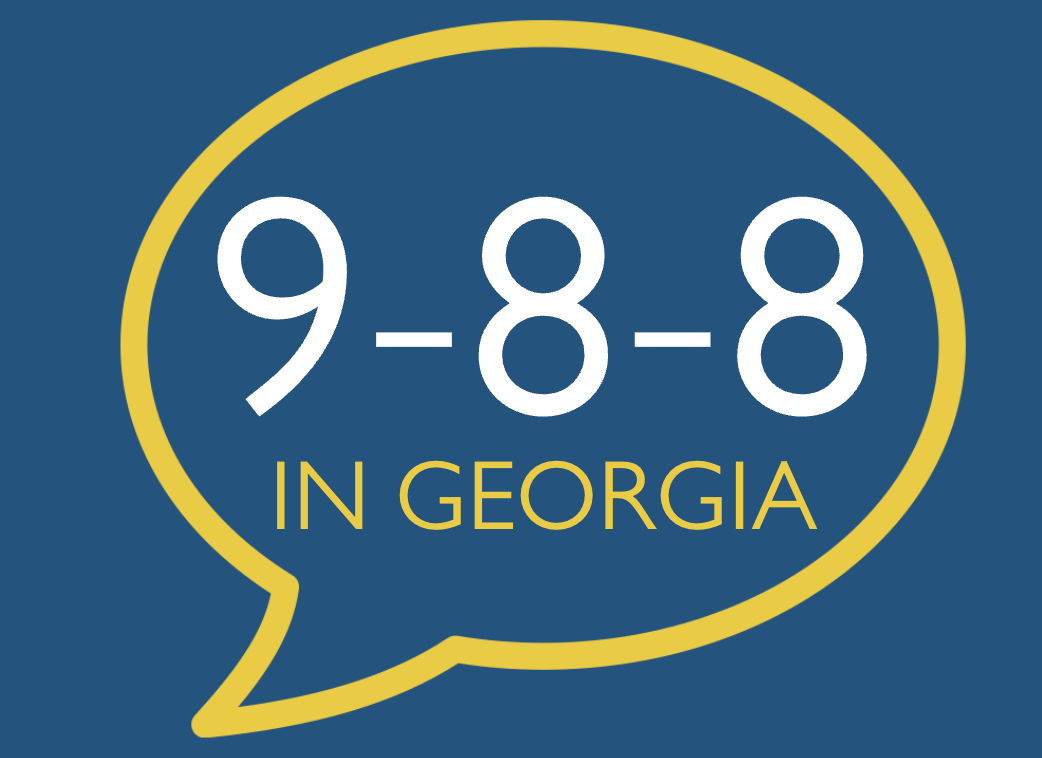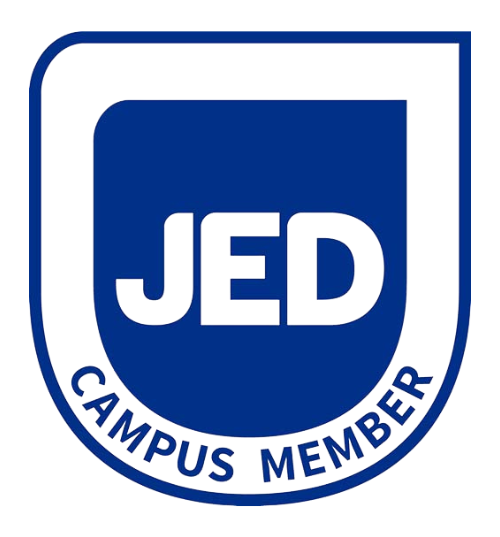- Home
- Campus Life
- Student Success Resources
- Office of Student Well-Being and Support
- Accessibility Services

Accessibility Services
The Office of Accessibility Services works with students with disabilities to assess their needs and assist with academic accommodations that may be necessary and appropriate due to their disability. It also assists faculty who teach students with disabilities.
About Accommodation & Accessibility Services
The Office of Student Well-Being and Support is dedicated to providing students living with a disability equal opportunity to participate in College of Coastal Georgia programs, courses, and activities through reasonable accommodation services. The office – a part of Student Resources and Support – supports students, staff, and faculty with accommodation requests, implementation, guidance, and general information. Finding support while attending college does not have to be a challenge. Don’t hesitate to contact OWBS if you have any questions, or to set up an appointment to discuss accommodations needed due to a disability, learning disorder, or temporary medical condition.
Mission
The mission of the Office of Student Well-Being and Support is to provide confidential services that meet the emotional, psychological, and physical needs of all Coastal Georgia students.
Accessibility Statement
The Institute’s vision is to create a culture of access for an inclusive learning and working environment. The commitment to accessibility for all is demonstrated in the numerous teaching and support on campus for students and employees with disabilities.
Click here if you would like more information on our accessibility practices.
If you are having issues with this website’s accessibility or if you need additional information, email webmaster@ccga.edu.
To make an appointment, please contact us at owbs@ccga.edu or 912-279-5806.
The Office of Student Well-Being and Support is dedicated to ensuring nondiscrimination and equitable access to programs, courses, and activities for qualified students with disabilities. The office works with students, faculty, and staff in developing reasonable accommodations and strategies for a successful learning experience while maintaining classroom rigor and academic standards.
Step One: Let us know you plan to apply for accommodations. Complete the Request for Accommodations form by going to your MYCCGA and navigating to the Student Well-Being section, then to Well-Being.
Step Two: Schedule an Access Meeting.
Schedule an appointment with the office by emailing owbs@ccga.edu. Appointment types include face-to-face, virtual, or by phone, and can last up to 45 minutes. While documentation is not required to schedule a meeting, students are encouraged to submit documentation as soon as possible. Please review our documentation guidelines for more information.
Step Three: Submit Documentation
You can submit documentation in any of the following ways before, during, or after your initial access meeting:
- Email your documentation to: owbs@ccga.edu
- Drop off in person at the OWBS Office, located on the second floor of the Campus Center (Suite 232).
- Upload it directly to our system by logging into your MYCCGA portal and going to “Student Well-Being,” then to “Well-Being,” then “Uploads.”
Please review our documentation guidelines for additional information. All documentation is kept confidential. If OWBS has not confirmed receipt of documentation within two business days after submission, please contact us.
Step Four: Decision and Accommodation Letter
After the access meeting, students will receive a notification regarding their accommodation requests. Once approved, students will be provided an accommodation letter to provide to their instructors and the option for a 15-minute meeting to ask questions about approved accommodations. Please note the approval process can take up to 30 business days.
Students with no documentation:
OWBS can work with students who have never been formally diagnosed with a disability or cannot afford to get documentation. We recommend these students make an appointment with our office by emailing us to discuss their specific situation, explore options for support, and identify options to move forward with obtaining documentation.
Sign into the portal to access the Accommodations Request Form and the Documentation Request Form for Disabilities under the Student Well-Being tab to start the registration process with our office.
If you have documentation from a licensed clinician or a licensed medical provider, you may upload it under the Uploads tab.
- Testing Services
- Presentations
- Consultations
- Accessibility/Resources/
Instruments
Accommodation Testing
Students who would like to take their exams with the OWBS Office will need to register online at least two business days before the exam. Below are the steps of how exam requests are received and handled by OWBS:
- The student submits the Exam Request via the portal no less than two business days (excluding holidays and weekends) before the scheduled date of the exam. In the portal, click on “Student Forms,” then “Disability Services Forms,” and select the appropriate form.
- The faculty member will submit their exam to OWBS no less than one business day before the scheduled date of the exam through the Exam Accommodation form. There are two forms available for student use. The Individual Exam Accommodation form is for a single exam and will need to be completed for each class in which a student has an exam that is announced. The Semester Exam Accommodation form is to be used when students have an exam schedule for the entire semester provided by their professor.
- The student will receive a confirmation email of the arrangements made by our office. They should review the information for accuracy and notify OWBS immediately if any changes need to be made.
- The student should plan to arrive 10 minutes before the start of the exam.
- Once completed, the office will return the exam to the faculty member as indicated on the Exam Accommodation form.
A note about time conflicts: If receiving extended time on an exam will cause a time conflict with another class, you must notify your professor as soon as possible so they can work with you on making appropriate arrangements.
To reschedule an exam with OWBS (for example, your in-class exam has been postponed), please contact us at owbs@ccga.edu.
Service Animal
A service animal, defined by Title II and Title III of the ADA (Americans with Disabilities Act) means any dog that is individually trained to do work or perform tasks for the benefit of an individual with a disability, including a physical, sensory, psychiatric, intellectual, or other mental disability. Examples of animals that fit the ADA’s definition of “service animal” because they have been specifically trained to perform a task for the person with a disability:
- Guide Dog or Seeing Eye Dog
- Hearing or Signal Dog
- Psychiatric Service Dog
- SSigDOG (sensory signal dogs or social signal dogs)
- Seizure Response Dog
Until Title II and III of the ADA, service animals are limited to dogs. However, entities must make reasonable modifications in policies to allow individuals with disabilities to use miniature horses if they have been individually trained to do work or perform tasks for individuals with disabilities.
Students utilizing a service animal as defined by Title II and Title III of the ADA are strongly encouraged to register their animal with the Office of Student Well-Being and Support, but are not required since the use of a service animal is a civil right. Email owbs@ccga.edu for more information.
Emotional Support Animal
The College of Coastal Georgia provides reasonable accommodations to students living on campus with documented disabilities. The Fair Housing Act (FHA) does not limit the rights of a person with a disability to the ADA definition of a Service Animal. Instead, it identifies Comfort or Emotional Support Animals as an accommodation. The Department of Justice considers residence halls to be dwellings under the FHA definitions, so this guideline applies to students with disabilities living in the College of Coastal Georgia’s residence halls.
For a Comfort or Emotional Support Animal to be permitted to reside on campus, the student applying to bring the animal to campus and the Comfort or Emotional Support Animal must register with the Office of Student Well-Being and Support. The student will provide documentation saying:
- the student has a disability,
- the animal is necessary to afford the person with a disability an equal opportunity to use and enjoy a dwelling, and
- there is an identifiable relationship between the disability and the emotional support the animal provides.
To qualify for this accommodation, a student must meet the federal definition of disability and must provide supporting documentation, such as a letter from a physician or other medical professional, stating that the student has a disability and that the Comfort or Emotional Support Animal provides a benefit for the individual with the disability.
Email owbs@ccga.edu for more information.
- Academic Support for College Students with an Autism Spectrum Disorder: An Overview
- Accessibility Services
- Acquired Brain Injury
- American Foundation for the Blind
- Asperger’s Disorder
- Autism Internet Models
- Autism Speaks
- Attention Deficit Disorder Association
- Children & Adults with Attention Deficit Hyperactivity Disorder
- Pepnet – Deaf/Hard of Hearing
- Association on Higher Education & Disability
- National Center for Learning Disabilities
- Documentation Request Form for Assistive Animals
- Dyslexia Help/Information
- Disabilities, Opportunities, Internetworking & Technology
- National Center for Civil Rights
- Service and Assistive Animals on Campus Policy
- Supporting College Students on the Autism Spectrum
Useful List of Ted Talks for Understanding Neurodiversity
- Why Everything You Know About Autism is Wrong | Dr. Jac den Houting | TedxMacquarieUniversity
- ADHD as a Difference in Cognition, not a Disorder | Stephen Tonti (Student) at TedX
- Recognizing ADHD in Adults | Heather Brannon | TEDxHeritageGreen
- Behind the Mask: Autism for Women and Girls | Kate Kahle | TedXAustinCollege
- Why are So Many Autistic Adults Undiagnosed? | Kip Chow | TEDxSFU
- Autistic Masking: A Dangerous Survival Mechanism | Leah Reinardy | TEDxHopeCollege
- Autism: How to be Normal (and why not to be) | Jolene Stockman | TEDxNewPlymouth
- Letting Go of Control and Rethinking Support for Autistic Individuals | Amy Laurent | TEDxURI
- Dying Young and Misunderstood: Autism in Adulthood | Elizabeth Weir | TEDxCambridgeUniversity
- Neurodiversity – the Key that Unlocked my World | Elisabeth Wiklander | TEDxGoteborg
To report an accessibility concern, please email owbs@ccga.edu.
CONNECT TO OUR OTHER SERVICES
 Georgia Crisis and Access Line (24/7 Hotline)
Georgia Crisis and Access Line (24/7 Hotline)
1-800-715-4225 or MyGCAL app
National Sexual Assault Hotline
1-800-656-4673
Text GA to 741741

Contact Information:
Phone: 912-279-4537
Email: owbs@ccga.edu
Location: Campus Center
Suite 232
One College Drive, Brunswick, GA 31520






